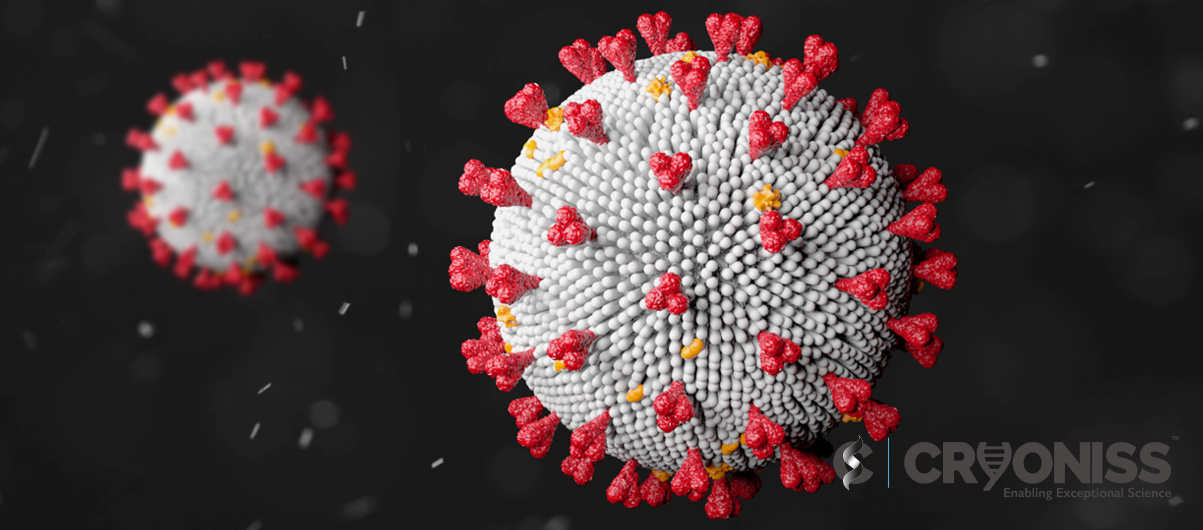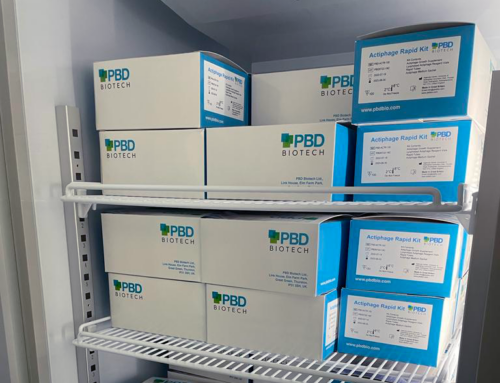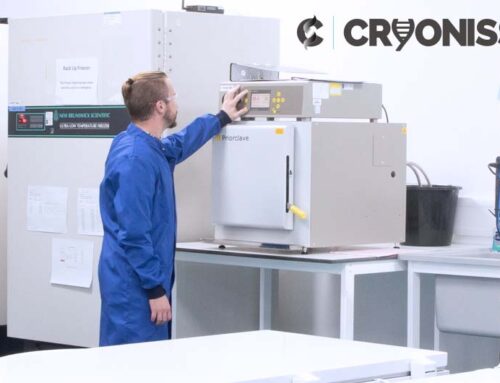Pandemics – How To Keep Cool Working Around COVID-19.
Storing and managing biological samples during a global pandemic.
*This article was first published in March 2020.
Keeping cool in a global pandemic
At the end of 2019, the SARS-Cov-2 virus began to spread across the globe. As Governments struggled to respond to the growing pandemic, companies were faced with potential lockdown situations as the World Health Organisation declared COVID-19 was officially a global pandemic, leaders juggled the challenges of staff safety, both physical and mental health, whilst navigating the economic impact.
In a global pandemic such as this, where there is no vaccination or treatment, the only defence we have is human behaviours to safeguard people, and it is no different for our businesses.
Covid-19 will not be disappearing quickly, and our best way to survive this situation is to be prepared. For the bioscience industry there are several things to do to prepare for a worse-case scenario.
Alongside mitigating resource constraints, it is important that you have considered the safety of your biological samples. This crisis will pass eventually and some of us will be able to work through it. Either way we all want to be able to pick up our work and continue to work effectively.
Risk management for the storage and logistics management of biological samples is key to any laboratory. We strongly advise our research colleagues to consider the following actions:
- Store all high value samples, e.g. patient material, archival banks of cells, glycerol stocks etc, in storage units monitored by validated laboratory monitoring system(s), providing 24/7/365 alerts for any temperature deviations.
- Carry out an end-to-end stress test on your monitoring system to check it is working properly. Are personnel’s call out details correct on the system? Have you assigned low risk staff to manage callouts and backup?
- Have you got back up storage units, e.g. freezers, to transfer samples to if one fails? If not, do you have a disaster recovery plan?
- Clean and service your storage units now, to ensure they are operating optimally. Hoover the filter on -80°C freezers, as dust places additional load on the compressor, and is also a fire risk.
- Did you want to ship samples anywhere? What is your courier’s Covid-19 mitigation plan?
- Most international cold chain logistics are sent via passenger airlines. Do you need to expedite shipments, or hold them off? Work with premium logistics providers to risk assess your shipment. Is there automatic replenishment of dry ice? What if customs enter lockdown during your shipment transfer? What are your courier’s terms and conditions? (Thank you to A4P Logistics for support with our risk assessments).
- Should these mitigation steps fail, have you got insurance to cover the loss of your samples and the impact of that loss to your business?
These are just a few considerations we undertake daily at Cryoniss. With our world class facilities, we store our customers’ irreplaceable biological samples from ambient, +4°C, -20°C, -80°C and vapour phase liquid nitrogen.
We have two independent monitoring systems and multiple back-up strategies in place, including three sources of electricity to the laboratory; however, it is our highly trained and passionate staff who will ensure that our customers’ samples remain of the highest quality until they are ready to work on them again.






